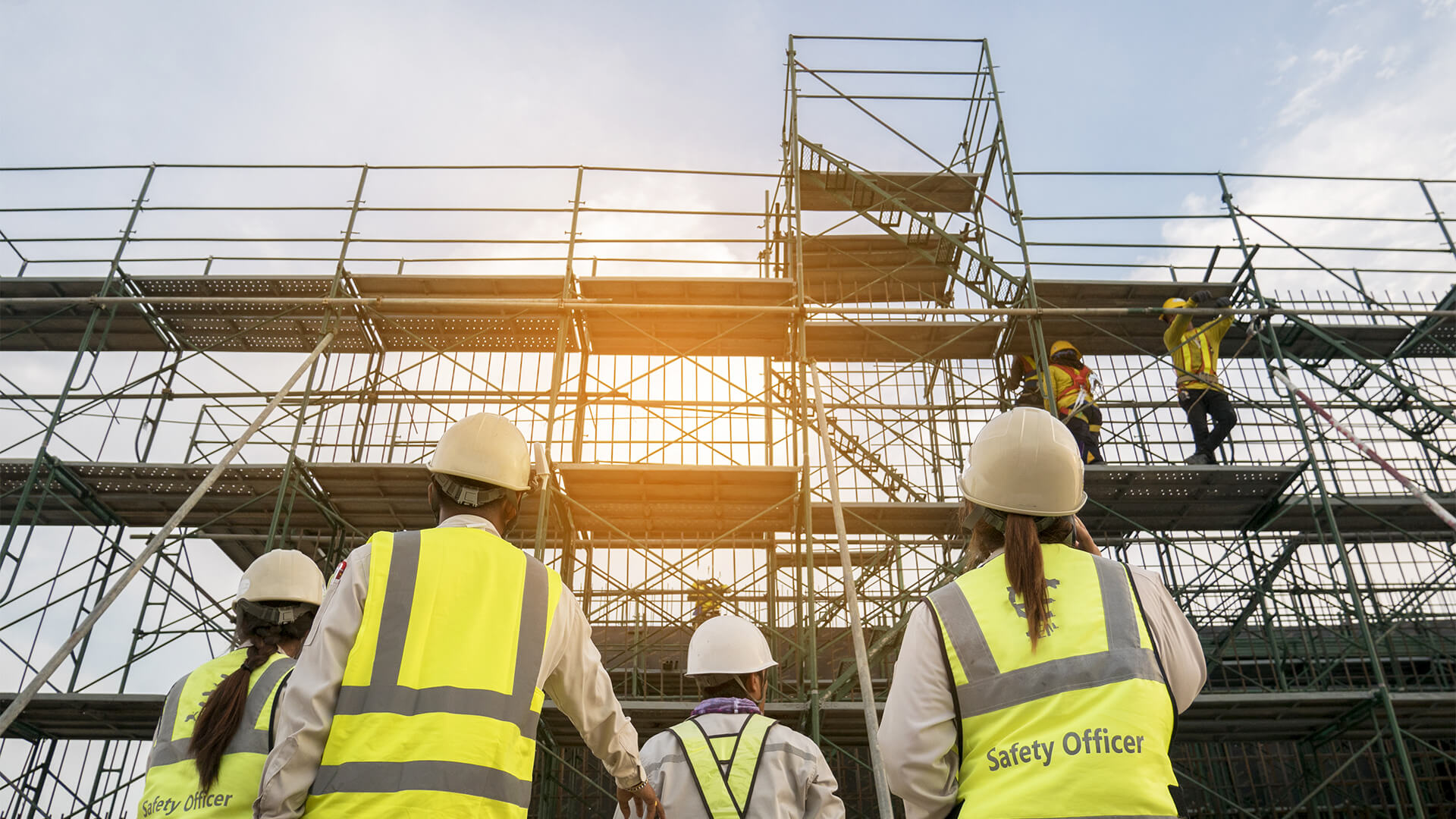Undertaking a construction project is a complex endeavor, involving numerous steps and legal obligations. One of the crucial aspects of any construction project is obtaining the necessary permits. Navigating the permitting process is essential to ensure that your construction complies with local laws, regulations, and safety standards. This article provides an insightful guide to understanding the legal requirements for construction permits, helping you navigate the intricate web of regulations and successfully obtain the permits needed for your project.
I. Understanding the Types of Permits
A. Building Permits
Building permits are fundamental and cover the overall construction, including structural changes, electrical work, plumbing, and mechanical systems. They ensure that the construction complies with building codes and safety regulations.
B. Zoning Permits
Zoning permits focus on land use and property development. These permits regulate aspects such as property setbacks, land use categories, and building heights. Zoning permits ensure that the construction aligns with the designated land use regulations.
II. Initiating the Permitting Process
A. Pre-Application Research
Before applying for permits, research local building codes and regulations. Understanding the specific requirements for your project type, location, and size is crucial. Consult with local authorities or hire professionals familiar with local regulations to ensure accurate information.
B. Preparing Comprehensive Documentation
Accurate and detailed documentation is vital for a smooth permitting process. Prepare architectural drawings, engineering plans, site surveys, and project specifications. Clearly outline the scope of work and how the construction will adhere to building codes and safety standards.
III. Applying for Permits
A. Submission and Review Process
Submit the comprehensive documentation to the local permitting office. The submitted plans undergo a thorough review process, during which officials assess compliance with regulations. Be prepared to address any questions or modifications requested by the reviewing authorities promptly.
B. Securing Approval and Paying Fees
Once the plans are approved, pay the necessary permit fees. Fees vary based on the project’s size, scope, and location. Timely payment is essential to move forward with the construction process legally.
IV. Adhering to Inspections and Regulations
A. Scheduled Inspections
During construction, various inspections are mandated to ensure compliance with approved plans. Inspections typically occur at critical stages, such as foundation, framing, electrical, plumbing, and final completion. Coordinate inspections with local authorities to avoid delays.
B. Compliance with Regulations
Throughout the construction process, adhere to all regulations and specifications outlined in the approved plans. Failure to comply with the approved plans can result in stop-work orders, fines, or legal consequences.
V. Conclusion
Navigating the permitting process is a fundamental step in any construction project. Understanding the types of permits, initiating the process with pre-application research and comprehensive documentation, applying for permits, and adhering to inspections and regulations are key components of a successful permitting process. By following the legal requirements diligently, you not only ensure the legality of your construction but also contribute to the safety and integrity of the built environment. With proper knowledge and preparation, you can navigate the permitting process efficiently, turning your construction vision into a reality while staying compliant with the law.
FAQs about Construction Permits and Regulations
- Q: Can I start construction without obtaining permits? A: No, it is illegal and unsafe to start construction without obtaining the necessary permits. Doing so can result in fines, legal consequences, and potential safety hazards.
- Q: How long does the permitting process usually take? A: The duration of the permitting process varies based on the complexity of the project and the efficiency of the local permitting office. It can range from a few weeks to several months.
- Q: What happens if my construction project does not pass inspections? A: If a construction project fails inspections, necessary corrections must be made to bring the work into compliance. Once the issues are resolved, a re-inspection can be scheduled.
- Q: Can I appeal a denied permit application? A: Yes, most jurisdictions allow applicants to appeal a denied permit application. Consult the local permitting office for specific procedures and requirements for filing an appeal.
- Q: Are there specific permits required for historic or heritage buildings? A: Yes, historic or heritage buildings often require specialized permits to ensure that renovations or alterations preserve the building’s historical significance. Consult local heritage preservation authorities for specific requirements.


YOUR COMMENT